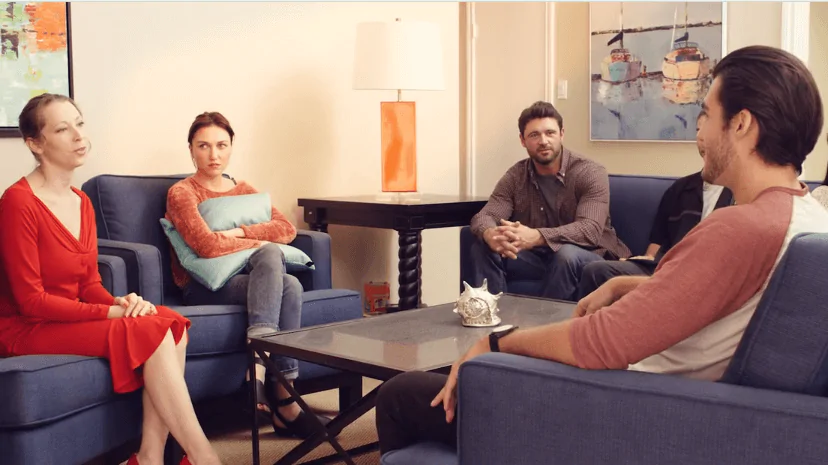24/7 Helpline:
(866) 899-221924/7 Helpline:
(866) 899-2219
Learn more about Eating Disorder Treatment centers in Boone County

Other Categories
Other Insurance Options

Highmark

Kaiser Permanente

Carleon

Providence

Molina Healthcare

GEHA

Anthem

Magellan Health

Self-pay options

Cigna

Sliding scale payment assistance
Beacon

United Health Care

Choice Care Network

BHS | Behavioral Health Systems

PHCS Network

ComPsych

Ceridian

Optum

Amerigroup



















































































